Pomella® Research
Pomella® Research
Don’t see what you’re looking for? All additional research is categorized under supportive research.
An antioxidative effect of Punica granatum (pomegranate) on biochemical parameters in patients with MI: A double blind placebo controlled trial.
Pomegranate’s neuroprotective effects are mediated by urolithins, its ellagitannin-gut microbial derived metabolites.
Evaluation of bioactivity of pomegranate fruit extract against Alicyclobacillus acidoterrestris DSM 3922 vegetative cells and spores in apple juice.
Pomegranate extract modulates processing of amyloid-β precursor protein in an aged animal model.
Pomegranate [Pomella®] phenolics inhibit formation of advanced glycation endproducts by scavenging reactive carbonyl species.
Pomegranate extracts impact the androgen biosynthesis pathways in prostate models in vitro and in vivo.
Variability in the antioxidant activity of dietary supplements from pomegranate [Pomella®], milk thistle, green tea, grape seed, goji, and acai: Effects of in vitro digestion.
Inhibitory effects of polyphenol punicalagin on type-II collagen degradation in vitro and in vivo. Chem-Bio Inter.
Inhibitory effect of a standardized pomegranate fruit extract on wnt signalling in 1, 2-dimethylhydrazine induced rat colon carcinogenesis.
The effects of pomegranate on bacterial translocation in rats with obstructive jaundice.
Anti-proliferative activity and protection against oxidative DNA damage by punicalagin isolated from pomegranate husk.
The antiplaque efficacy of pomegranate mouthrinse.
Pomegranate extract inhibits the proliferation and viability of MMTV-Wnt-1 mouse mammary stem cells in vitro.
Effects of fruit ellagitannin extracts, ellagic acid, and their colonic metabolite, urolithin A, on Wnt signaling.
Pomegranate extract mouth rinsing effects on saliva measures relevant to gingivitis risk.
Don’t see what you’re looking for? All additional research is categorized under supportive research.


